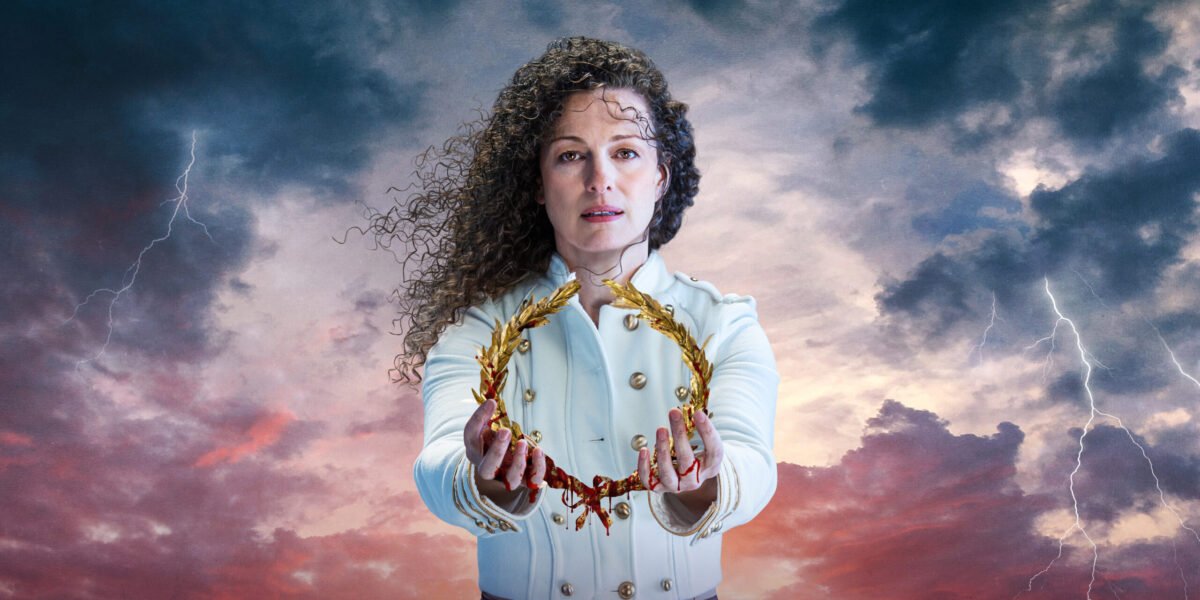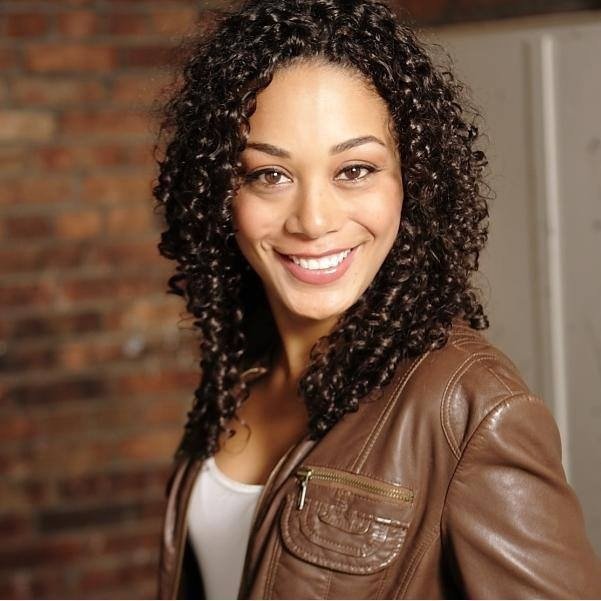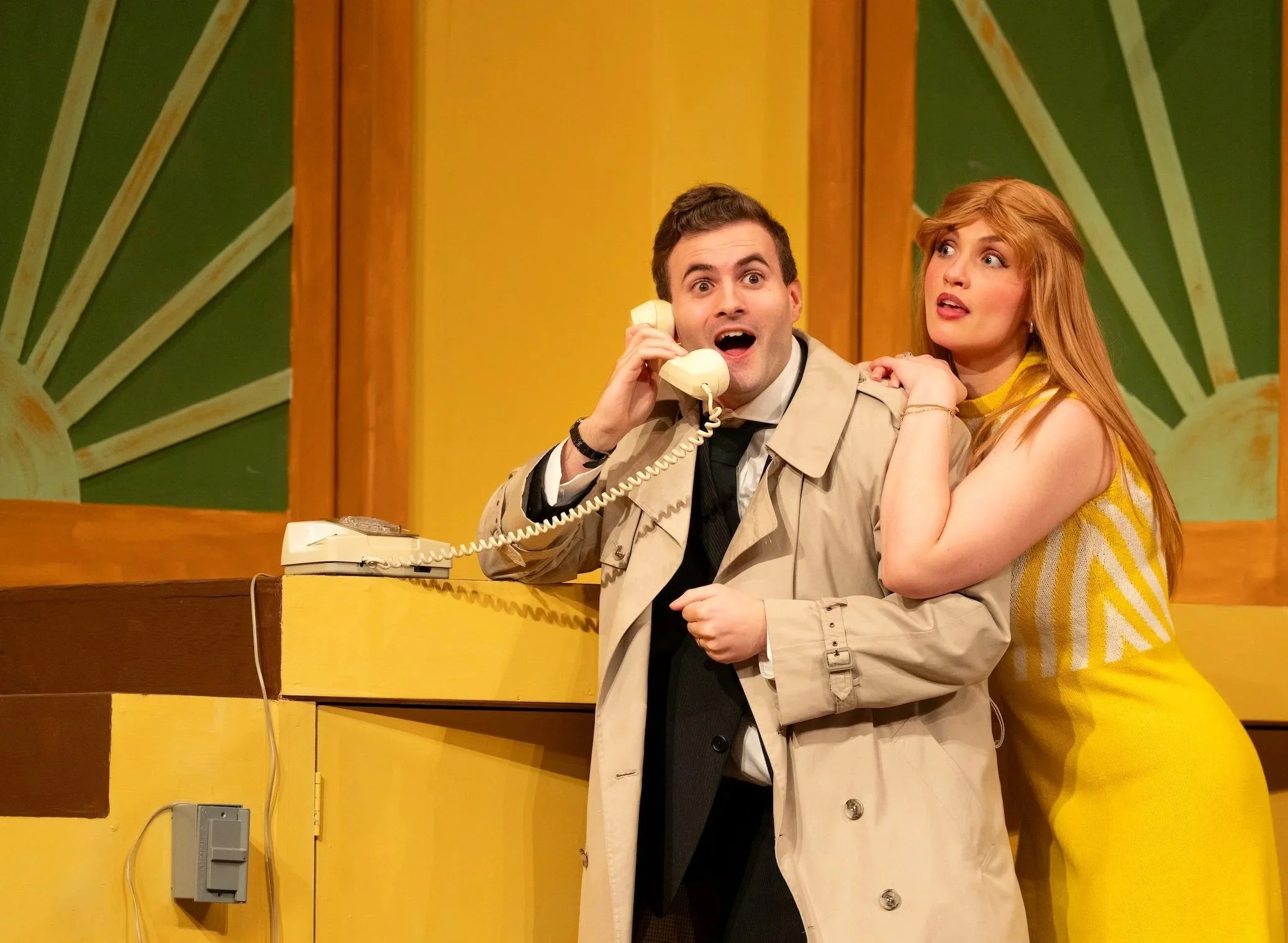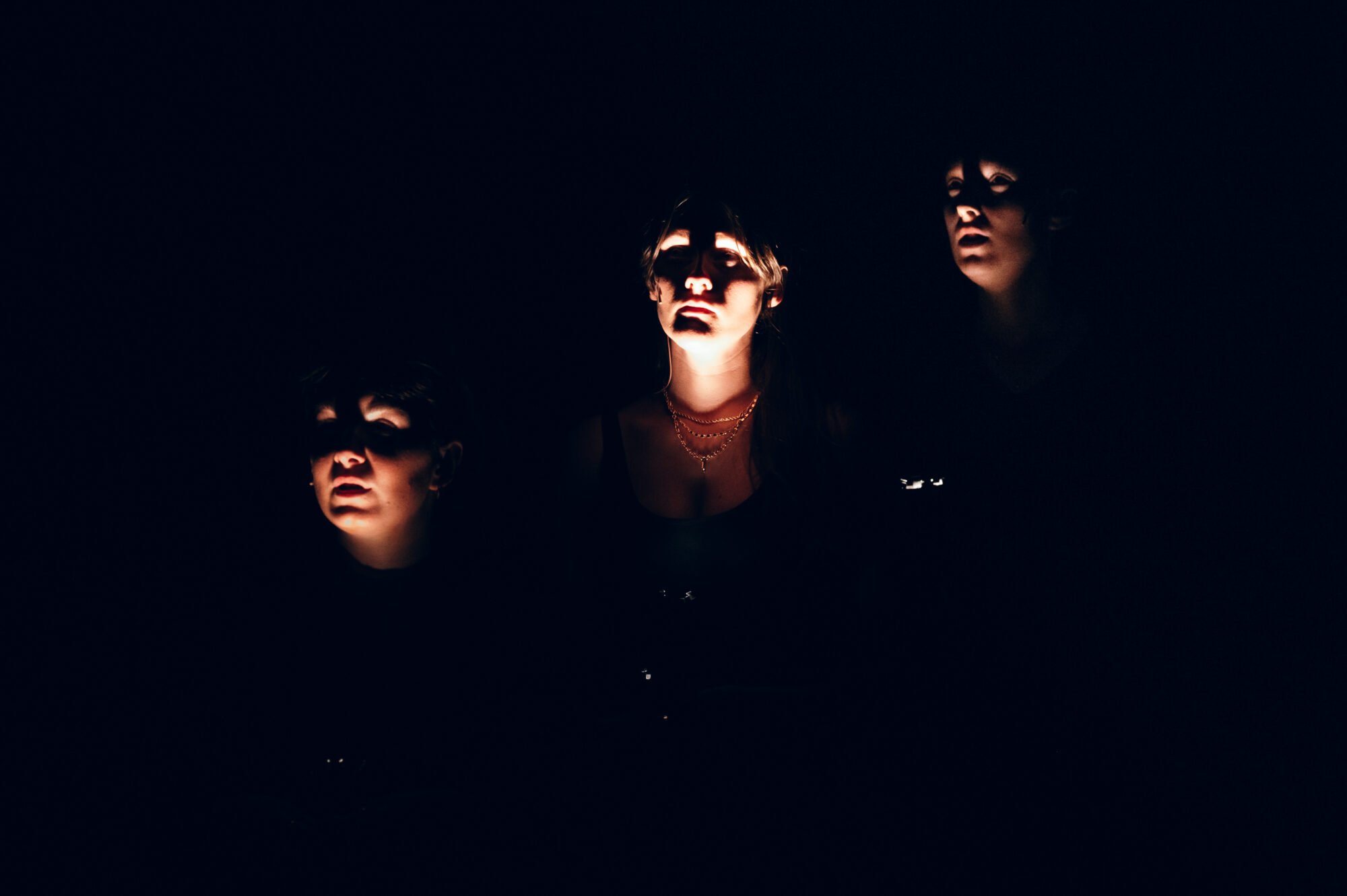Bard on the Beach's Julius Caesar is set squarely in the power struggles of contemporary times
Director Cherissa Richards’s casting of Jennifer Lines as Mark Antony is just one of the show’s modern takes on Shakespeare’s tragedy
Bard on the Beach veteran Jennifer Lines is looking forward to her “meaty” role as Mark Antony. Photo by Emily Cooper
Bard on the Beach presents Julius Caesar at the BMO Mainstage from June 15 to September 24
POWER, DEMOCRACY, and the role of rhetoric in politics: Shakespeare’s Julius Caesar may be 400 years old, but its themes are as relevant as the headlines you scrolled through this morning. The ones with words like “Ukraine”, “Trump”, “Putin”, and “Poilievre”.
So it makes sense to find that director Cherissa Richards is setting her Bard on the Beach production of the classic—in only its second presentation in the fest’s history—in contemporary times. Though she wants to leave the exact location open to interpretation.
“The beauty of what we're working with is not making it specific,” she explains in a phone interview on a rehearsal break. “Because it allows everybody to find their own way into it. I think the trick is if you really leave it to, like, Trump or something, then you have a very specific bent on what your message is, and I don't want to leave anybody's personal politics out of how they connect to the piece. So keeping it a bit open-ended and ambiguous allows for more people to find their way in, I think.
“I think by placing it in a modern setting, we can translate these words and these thoughts and these ideas and struggles to what we're going through today,” Richards adds. “And you could place this in any country in any time today.”
Shakespeare explores the themes most deeply through Brutus (played by Andrew McNee), a character that Stephen Drover’s adaptation and dramaturgy will emphasize, Richards hints. Brutus struggles with his moral ideals, gets drawn into a plot against Caesar, and makes errors in his quest for freedom and justice.
“If you saw that a dictatorship is about to happen, and the politics of your world were about to crumble, what would you do to save it?” the director asks. “Ultimately, he's fighting for the people. It’s not unlike the Russia-Ukraine war—a lot of these people are having to step up and fight, and they don’t necessarily have the military background to do so.”
Richards is contemporizing the political thriller on multiple fronts—including Italian-chic costumes by Jessica Oostergo, and Candelario Andrade’s slyly built video environment spread across five big TV screens.
That modernization extends to casting, as well. The conspirators Cassius, Casca, Cinna, and Trebonius (Emma Slipp, Olivia Hutt, Naomi Ngebulana, and Alexandra Lainfiesta) are all played by women. And so is the role of Mark Antony, the closest companion of Caesar (Andrew Wheeler). After Caesar is assassinated midway through the play, he whips the crowds into a fury at his funeral. Antony will be played this time out by Jennifer Lines—a Bard on the Beach veteran of some of Shakespeare’s leading female roles. And an actor who’s excited to sink her teeth into a character who has one of the most iconic and what she calls “meaty” speeches in the canon.
Lines says she stopped in her tracks and was, at first, “silent, deeply silent” when the fest offered her the part.
“Because, you know, I'm of an age now where I'm not playing the Juliets and the Rosalinds anymore, so to get a nice, meaty role, I was excited,” she explains in a separate interview. “I mean, the language: I've been doing this for many years now, and now I get a good chunk of language and argument to dig into.
“So at first I was like, ‘Are you sure?,’” she adds with a laugh. “And then I was 1,000 percent in, just for the experience of it!”
Lines sees the role as a way to build upon the work she did last year in Romeo and Juliet, melding both the Capulet parents into a single, strong composite character all its own.
“I don't really approach it any differently than any other role,” Lines says, reflecting on tackling the Roman general and politician Antony. “I am who I am. And that's what you're going to get. And as I get older, I know that's my value: it's just honestly approaching my characters from my base of who I am and where I come from.”
From Richards’s point of view, society has moved beyond casting a woman in a male role and then just ignoring her gender to the point of pretending she’s a guy. To the contrary, the trailblazing director, who helmed last year’s Harlem Duet at Bard on the Beach, wants to embrace the fact that the character is a woman, who may move in the political arena differently than a man.
Director Cherissa Richards.
“I love that we've got these strong female actors going up there on stage and just, you know, annihilating the Shakespearean language and just pulling at our heartstrings and allowing us to see it in a today lens,” she says with excitement. “There are all these great women who are fighting in American politics, European politics, Canadian politics: we have incredible female leaders, and I think they are just as badass as some of these characters are in this play. And I think it's exciting what happens when you do flip the gender on his head and kind of do away with subscribed gender roles. It brings so much more to the play: it has deeper levels to see these women fighting for their place in this political sphere.
“It’s exhilarating and it speaks to me as a woman,” she adds. “I want to see my heroes represented on stage–and it's just necessary….It’s my job and the director's job and our job as a team to figure out why this makes sense for our show and lean into that gift, rather than seeing it as something to overcome. What gifts does it bring to us and how does it enrich the story? Rather than worrying about it distracting.”
For her part, Lines has been digging into the strategies of rhetoric—making discoveries that are chillingly resonant in an era when speeches have the power to, say, unleash violent hordes on the American Senate. She’s been reading about Cicero’s rules of oratory and rhetoric from ancient Rome.
“The public are all onside with Brutus about killing Caesar, and I have to turn them not only to go against Brutus but to create an absolute ferocious Civil War,” she explains. “And the most important thing is to evoke emotion. That is how you can manipulate the public. And it made me realize, once I read all these rules, how clearly I can see political manipulation on a daily basis now. It is so relevant: all this us-versus-them simplification; using humour; using labelling. Appeal to emotion, as opposed to reason and logic, and you can get people to believe anything.
“Yeah, it’s scary. It’s manipulation,” she adds. “So I'm digging into that with the language and working with this crowd.”
Seeing that manipulation from the inside of Shakespeare’s drama has made Lines acutely aware of how precarious democracy and political stability can be—something a quick glance at the news confirms.
“In this day and age there are overthrowing of governments happening—like it's happening,” she observes. “So there's definitely moments of, I mean, deep reflection of how fast things can get out of control.”
For her part, Richards is excited to explore those unsettlingly contemporary issues with what she calls “conscious casting”, as the director blazes a new path in staging Shakespeare here and across the country. It goes without saying, for anyone who has visited Bard on the Beach in Vanier Park over the years, that the casting not only embraces different genders, but a cross-section of diverse cultures.
“We all deserve to be in these shows: Black, white, male, female, transgender,” Richards says. “There's so much availability in Shakespeare to allow us to dive in and create whatever we want with it and still tell the story. I think the key is it doesn't matter who's playing these roles, as long as we're telling the story—and I think we're doing that really beautifully.
“You know, I have to say, I’ve worked at theatres across the country, and this is one that is really doing the work around diversity,” the Winnipeg-born Richards adds. “That’s an impressive thing as a Black artist, you know, to feel to be a part of the company and to feel like these people have a stake in and an investment in my career. And it's not just a one-off. I didn't just get brought in to do the ‘Black play’; I’m right here doing one of the greatest tragedies of Shakespeare's canon.”














